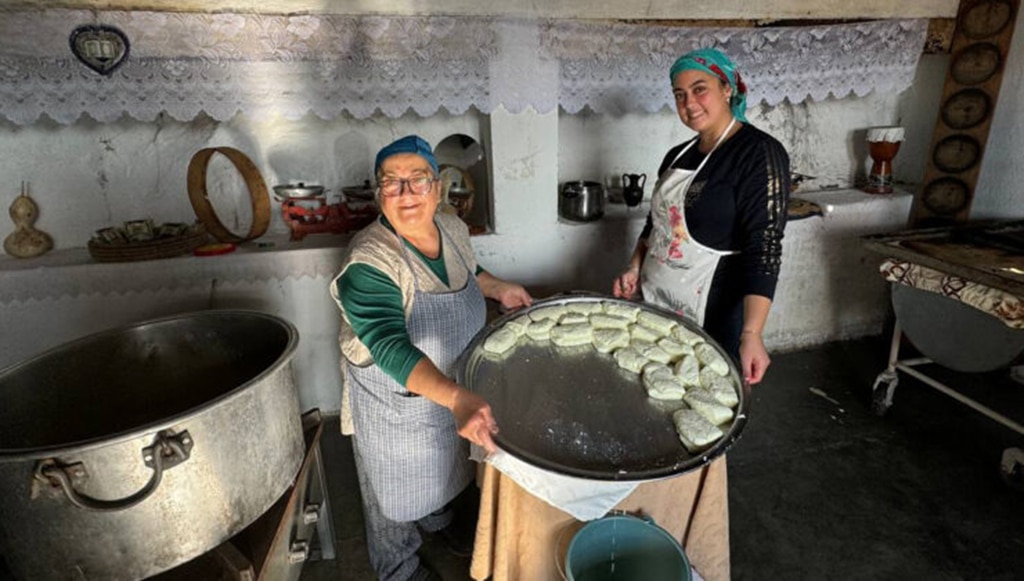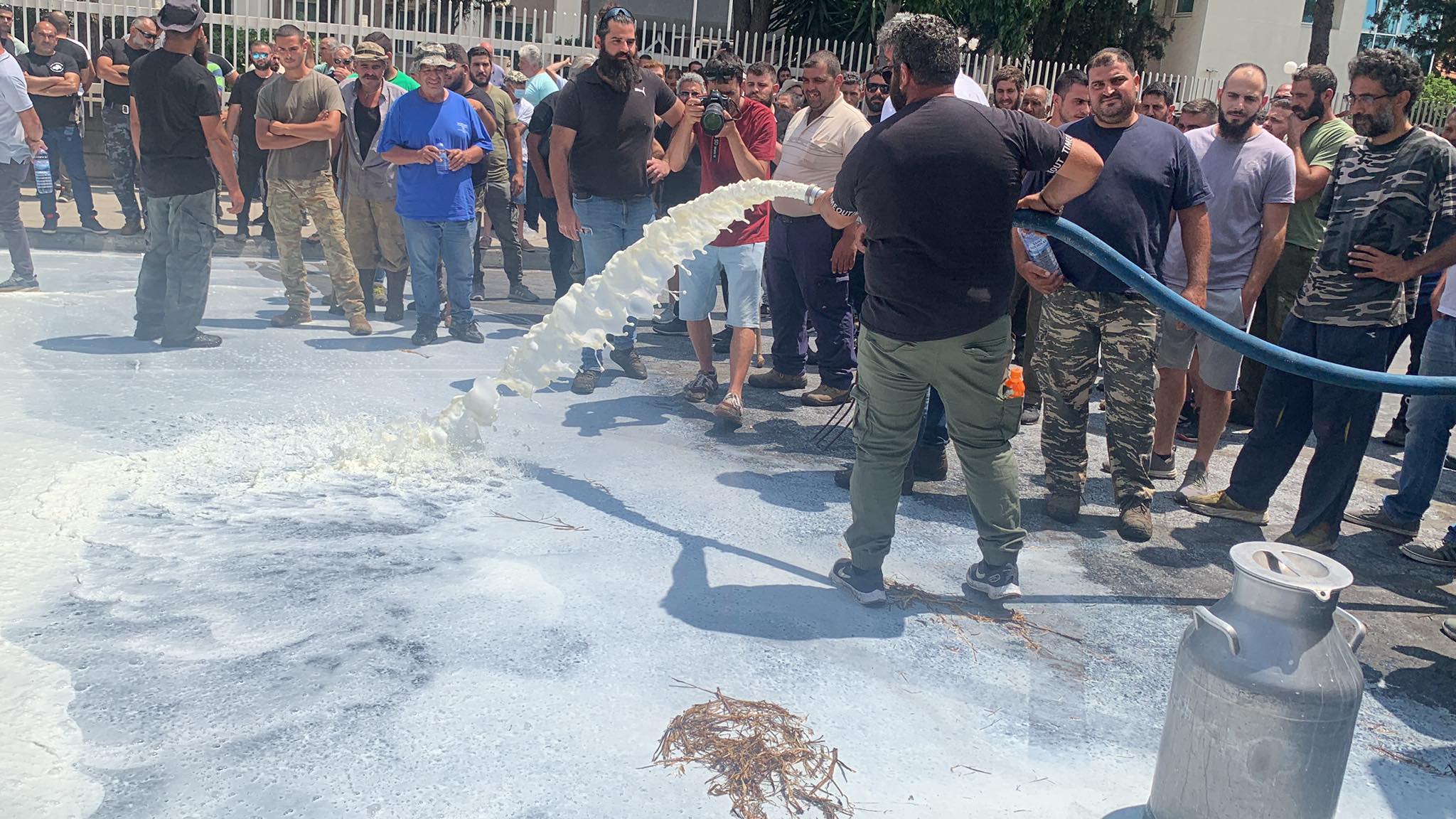The future of the production of halloumi as a Protected Designation of Origin (PDO) product is “up in the air”, after producers on Wednesday repeated their decision to close their factories from next week.
The closures are in protest at the increase in the quota of goat’s milk in halloumi. With this in mind, the coordinating committee of cattle breeders also announced that all cow’s milk produced from January 10 onwards will be taken to the Presidential palace.
With the aim of resolving the dispute, President Nikos Christodoulides has called a meeting at the Presidential palace on Thursday with Agriculture Minister Petros Xenophontos and Commerce Minister George Papanastasiou also set to be in attendance.
The dispute comes after the Cheesemakers’ Association announced in October that it would not be bound to a framework agreement reached in July 2022, which provided for the “good faith implementation of the legislation” pertaining to changes in milk quotas in halloumi to include greater proportion of milk sourced from animals other than cows.
Cheesemakers and cattle farmers have requested an extension of the transition period for another five years, which would take the transition period to 2029.
They also said the government had not kept its side of the bargain regarding the agreement, saying the text of the agreement was never sent to the Competition Protection Commission, with the result that cheesemakers may receive fines for their actions.
On the other hand, goat and sheep breeders have lambasted the cattle breeders for their lack of compliance with the agreement, saying that they “demand the agreement be implemented”.
They added that the law dictates that the transition period end in July, and that as a result, they expect “strict, transparent, and intensive checks” to ensure that all PDO halloumi complies with the requisite final quotas from that moment forward.
The legislation dictates that there be a gradual transition to an eventual 50-50 split between cow’s milk and goat’s and sheep’s milk in the PDO product. From February, 25 per cent of PDO halloumi is supposed to be made up of goat’s and sheep’s milk.

Turkish Cypriot halloumi producer Serpil Kadikoy
Meanwhile, Turkish Cypriot halloumi producer Serpil Kadikoy spoke to the Anadolu Agency on Tuesday, explaining the benefits that halloumi production has brought in terms of tourism.
She said her kitchen in the village of Ayia Eirini, where she makes halloumi in the traditional method, has become a “must-visit place for tourists” after she took part in a related project organised by the north’s ‘tourism ministry’.
Tourists who visit her kitchen have the opportunity to watch both the fermentation of halloumi and the preparation of traditional Cypriot village bread, while also having the opportunity to attempt to bake their own bread.
She added that she used to produce halloumi together with her Greek Cypriot neighbours, saying they combined their resources to save milk when animals were scarce.
Additionally, she railed against the labelling of halloumi as “cheese”, saying “halloumi is a product which is cooked again after fermentation. That is why we do not accept halloumi being called cheese.”







Click here to change your cookie preferences